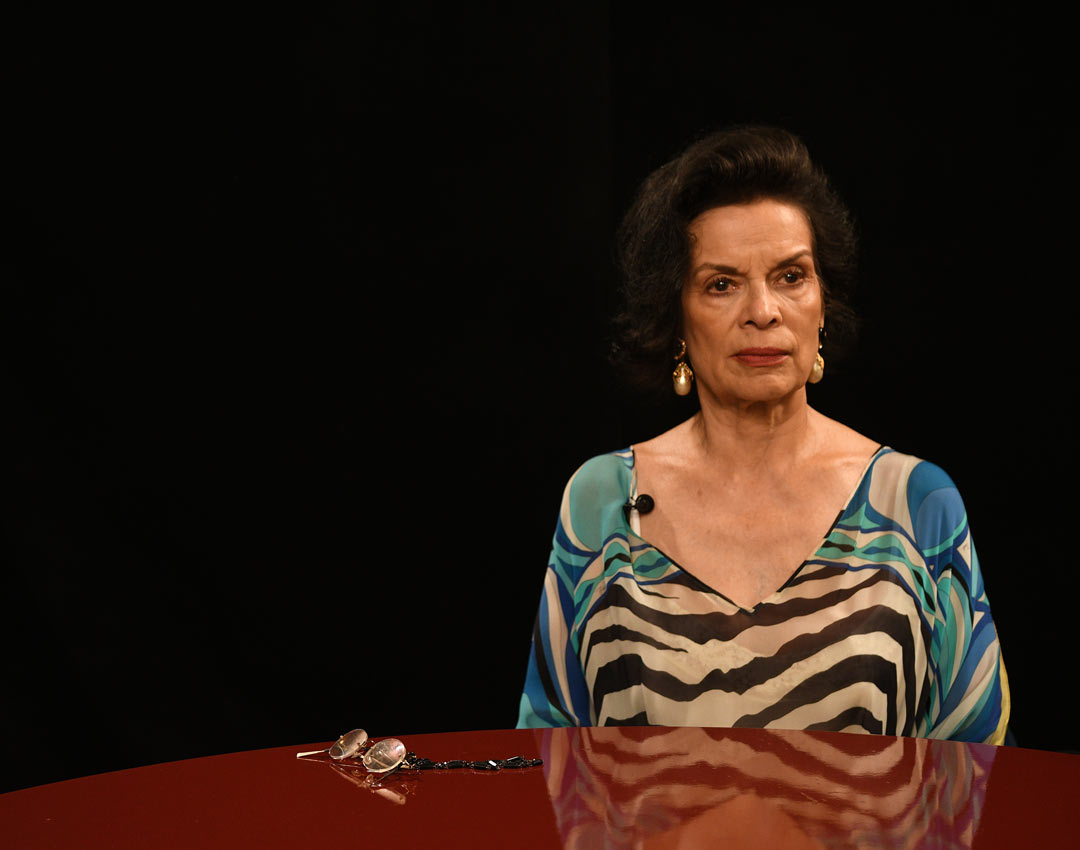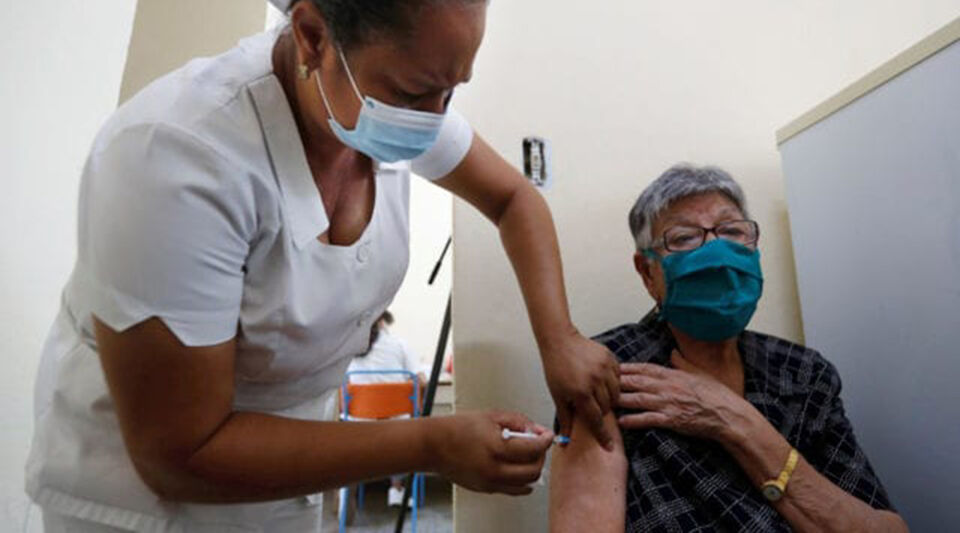Only three out of 10 women are in the financial field or invest their money; however, when asked if they are investors only three of them say yescommented in an interview Ángeles Collado, founder of Mujer inversor.
This is the result of the lack of encouragement of women in investments and in particular of three expectations: society, family and self-concept, which must be combated so that there is a greater participation of them in the sector.
Society
Women have been educated to be administrators of what they receive and not to generate, in fact, for years they have been relegated and instructed that they should not talk about money, they have even been told that they are bad at finances, when in reality are very good administrators.
“It is not a question of knowledge, but rather that we are socially relegated to the subject and we need to start talking so that later society starts talking about women investors. We need a change in beliefs, with which we women can play and start talking differently about money”, Collado points out.
Family
The family has been a fundamental factor in the administration of finances, since they are the ones in charge of buying supplies for the home and make money work. This vision is key in investments.
In fact, women have very different risk management than men, while men venture, women, from the trenches, see the risks that exist, that is, women do a analysis of the objective but also of how it impacts in the environment.
“If we women take control of our finances, we can really change, because we are going to take into account that be good to everyone, that is sustainable. We are going to invest in things that converge with our values and not only with the profit or the result, we are going to be able to support more social entrepreneurship”.
Selfconcept
The impostar syndrome is one of the strongest obstacles to overcome, since they are usually the ones who do not celebrate small achievements. For this reason, it is necessary to make the cases of those women who are representing the investments more visible, but not only of the directors and CEOs, but of those ordinary womenthat “they are like us, that woman who has just given birth who is giving a conference with a baby in a flular”, Collado points out.
“We women have to start believing that we are good with money, and it is that we already are, it is in our nature (…) We divide and stretch money.”
What do women invest in?
Women tend to invest in real estatebecause when they have a property in their name they usually feel empowered.
“Having a real estate ensures the subsistence of you and your family, that is why the obsession is so great. We tend to think that the house we have is an investment, which is wrong, but it is a good start if you can start saving and buy an apartment to invest and make you money.”
They also tend to invest in company that provides a service and that they likein companies with which they feel empathy and can recommend.
Another area is in brands that give fixed rentin which they know how much money is coming in and going out, examples of this are Cetes, Sofipos, popular savings banks and business savings funds.
“These are the main vehicles in which women put their money, although they do not consider them to be investments”
Savings culture
For the specialist, it is necessary to promote a culture of savings, since investments are usually seen as something unnatural“This way of thinking that money can generate well-being in the future while sacrificing part of your present is something we need to train.”
Therefore it is required link saving and investing to something pleasurable and not as a sacrifice or risk, since there is usually more pleasure in opening a backup savings account than buying a pair of shoes, since the latter only lasts a couple of days.








